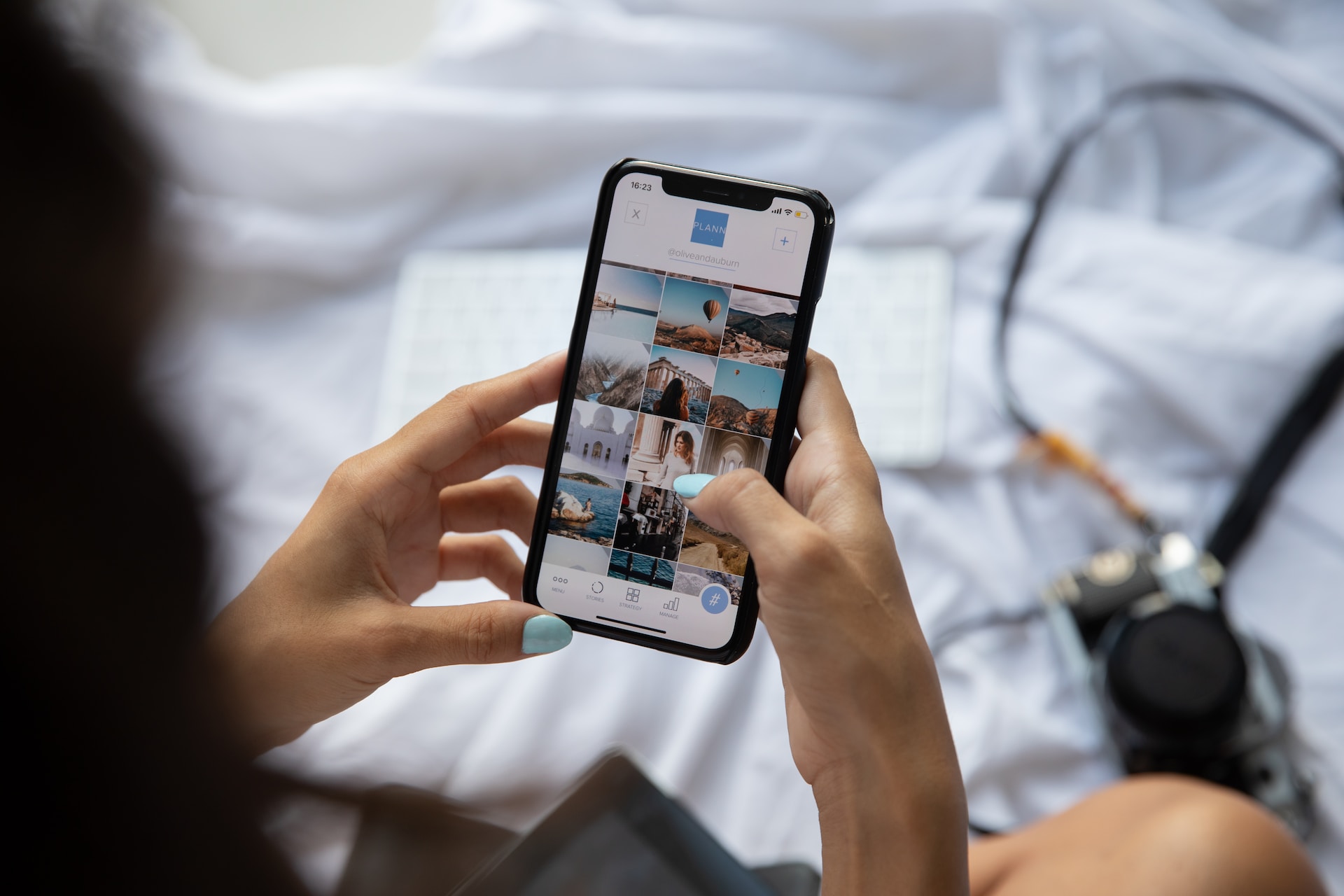So much gets written about how the digital age and the online world have led to more of us working from home and FaceTiming our friends and family. But what about the one thing that many of us never really pay that much attention to: time alone.
Everyone has embarked on a scrolling session
The ubiquity of the modern smartphone is something that has made solitude and quiet contemplation largely things of the past for many of us. Back when you would simply stand and wait for a bus, or lie in bed tossing and turning, now you can reach for your phone and be connected to an entire world in an instant.
The most common — and noticeable next time you go out for a meal — example are those seemingly never-ending scrolling sessions on social media. Going down and down the infinite feed, giving it more and more data by which to select new content, is something you can spend hours doing. It’s largely mindless in a lot of ways, which is both the drawback and the appeal.
Some see it as something they need to stop but can’t because it feels like it’s rotting their brains, while others use it simply as a form of escapism. Whether you like scrolling sessions or not, they’ve certainly changed how we spend time alone.
Content loops are a natural extension of scrolling
Rather than waiting to see what’s on broadcast telly, most of us now let Netflix and YouTube recommend what we should watch. Once we select something and start watching, they hook us by playing shows back-to-back and skipping those once-annoying closing credits.
The era of the binge watch is well and truly upon us now that DVDs have been and gone, allowing you to sit in place for hours at a time without having to get up and change the disc. Ideal if you want to sit back and relax with some classic TV delivered in a truly digital way.
But is social media and streaming all we have to say? Not by a long shot…
Social games have become solo games
Chess has a reputation for being something of a game for intellectuals and introverts; there’s certainly nothing wrong with that. While serious players have long spent their evenings reviewing famous games and acting out openings on their boards, the online world has transformed how they can practice.
Playing against the computer on sites like chess.com with a couple of taps on your phone makes it so much easier to practice until you get a sequence perfect. You can adjust the playing level of the CPU, work through practice sequences and play live games against other players on the other side of the planet.
There’s also the option to watch grandmasters play one another remotely on games streamed to hundreds of thousands of viewers. If you’re a chess fanatic looking to enjoy some downtime at home, being able to tune in and watch live games is something of a game changer.
We’re becoming more questioning during our free time
Millions of us have now started sourcing our own information rather than seeking out an expert: fact-checking, health and diet are all common things people will be searching. It’s not just that we’re on our phones for much of our solo time at home, it’s what we’re doing while we’re looking at them.
Sourcing data yourself — regardless of what we might think about the underlying sources — is empowering. Back in the analogue age, we tended to have to ask someone or reach for an encyclopedia, which few would want to do on a quiet Sunday evening before work the next day. Now you can look up just about anything anytime you want.
A simple example of this that doesn’t take us down the rabbit hole of misinformation and fact checking claims is the humble crossword. Now you can look up crossword clues rather than asking a friend and even play games against the computer so you don’t have to wait for tomorrow’s paper.
Evenings out can become solo nights in
In the past when you wanted to play roulette or blackjack you would have to visit an in-person casino, whereas now there’s the option of online UK casino. You can say the same thing for going to the cinema and shopping High Street clothes stores on Saturday afternoon too.
Activities that were once the domain of our weekends and days off work can now be adapted to fit into our alone time at home. Of course, you don’t get quite the same experience — nor the atmosphere — of playing, watching or shopping in-person, but you ultimately get access to the same content or deliverable. The casino game is the same, the movie has the same ending, and the clothes look the same in the mirror.
Does time alone even exist in 2023?
One of the downsides of all this extra connectivity is it may not allow you to get truly bored. This might sound like something of a contradiction, but boredom is an important part of allowing your brain to rest. During quieter moments in the day your brain works to process emotions, memories and events of the day on a subconscious level.
We have evolved to be around a few people throughout the day, not to be connected with a constant stream of new information. While we never want to judge, there’s a lot to say about having the occasional analogue evening where you sit and relax. It can feel strange at first but could help reduce your stress, boost your energy and give you a new perspective on all manner of things that are on your mind right now.
Just a little something to think about…

